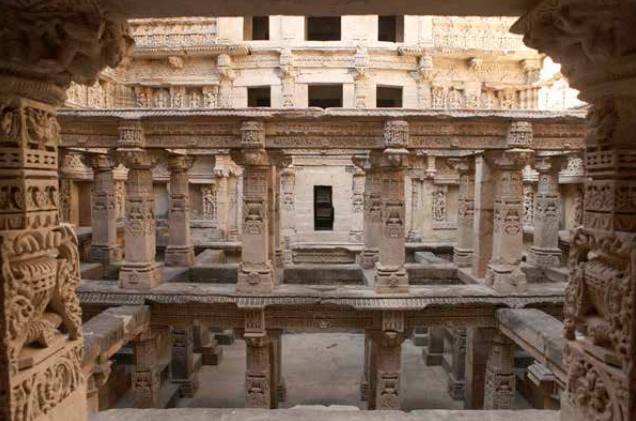
One part of India’s coming into its own as a nation was an investment in the idea of its ancientness. The work of the Archaeological Survey of India and excavations of the Indus Valley civilization, the ancient universities of Nalanda and Taxila as much as Roman coins in southern India, meant that nationalists could use the concept of “Indian” civilization to address the psychic injuries of colonialism. Archaeology seemed to offer evidence and “modern scientific” proof as opposed to the literary classics which could be accused of hyperbole and a mythic imagination.
Professor Menon was educated at the Universities of Delhi, Oxford, and Cambridge, and has taught at universities in India, Europe and the USA. Since 2007 he has been the director of the Centre for Indian Studies in Africa at the University of the Witwatersrand, where he holds the Mellon Chair in Indian Studies. His areas of research are in the politics of India, and in global cultural, literary and intellectual history.
For more information, please contact Barry Jacoby on 083 228 1692
Presented by the Achaeology Society of South Africa, Northern Branch
Thursday 15 June 2017, 20:00
The auditorium, Roedean School 35 Princess of Wales Terrace, Parktown, Jhb
Members free; Non-members: R30
Photo credit: http://archive.archaeology.org/1105/features/india_gujarat_stepwells_ran_ki_vav.html
Disclaimer: Any views expressed by individuals and organisations are their own and do not in any way represent the views of The Heritage Portal.
